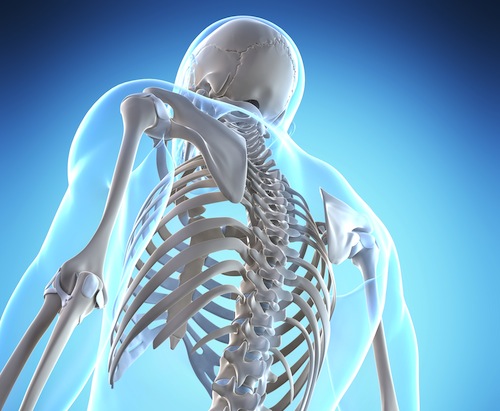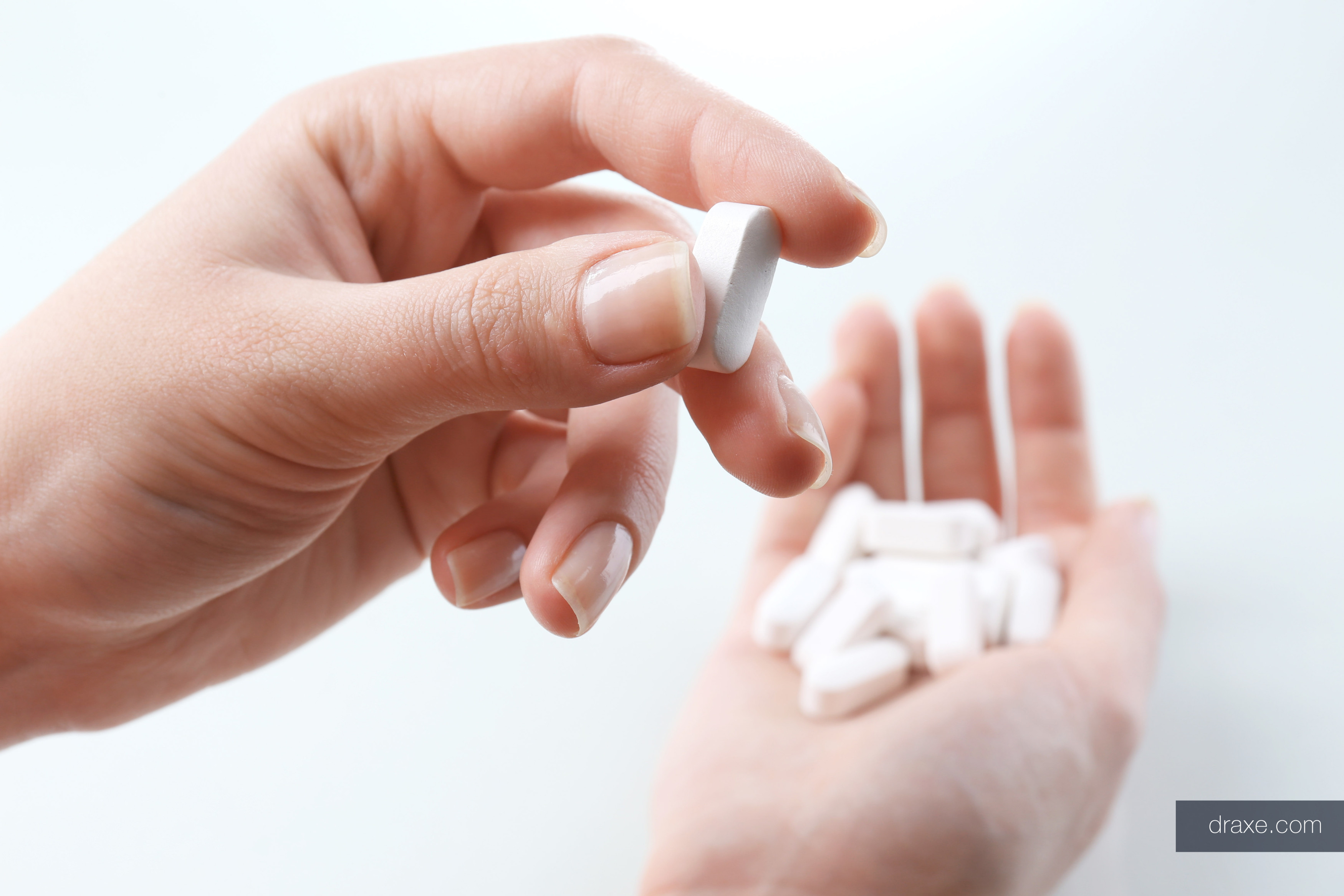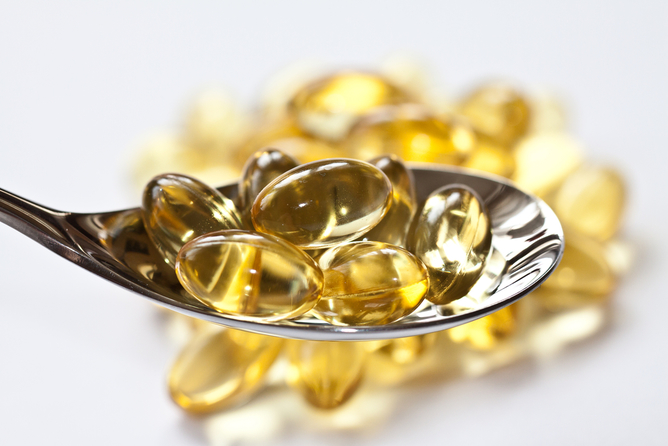 Jerry Hickey is a pharmacist and radio personality and fills the esteemed role of Scientific Director and President of Invite Health. He has spent his professional life analyzing nutritional information and medical studies with the aim of creating the highest quality and most natural nutraceuticals for user’s maximum health benefits.
Jerry Hickey is a pharmacist and radio personality and fills the esteemed role of Scientific Director and President of Invite Health. He has spent his professional life analyzing nutritional information and medical studies with the aim of creating the highest quality and most natural nutraceuticals for user’s maximum health benefits.
Most Americans are low in magnesium. Magnesium is more active than any other mineral. But that doesn’t mean the other minerals aren’t important; It just means it does more for the body.
Let me give you a thumbnail sketch of what it does: It is needed for a healthy liver and to maintain healthy antioxidant levels; it is also needed for balancing blood sugar; it is needed in the generation of energy, so it’s important when somebody is fatigued or trying to heal. If you look at a baby that, let’s say (God forbid), breaks their arm; that arm heals in two weeks. If you look at some one who is 80-years-old, you’re just hoping the arm heals and you don’t have to surgically put a pin in it. When you consume this mineral it aids in the healing process because it’s involved in an energy pathway and is needed to build bone. It is the gate keeper for vitamin D, when it comes to bone health and for calcium and phosphorous. It keeps your body in line and is also needed for the different activities in the brain; Every activity in the brain depends on magnesium – the neurotransmitters that wake you up and the neurotransmitters that put you to sleep all require this mineral for them to be made.
Magnesium interacts with B6, B12 and folic acid to make these things. To release them, magnesium is needed for normal blood flow. The blood vessels use different electrolytes and minerals – potassium, sodium, chloride, calcium, magnesium, and phosphorous. If you are deficient in this mineral, blood flow becomes unbalanced and you may develop high blood pressure, heart disease, stroke or heart attack. Magnesium Glycinate absorbs 220 percent better than any other on the planet and contains more. When you look at it in a capsule, it only supplies 32 milligrams of magnesium typically. When you look at it in a tablet, it supplies 50 milligrams of magnesium. Magnesium glycinate supplies 200 milligrams of magnesium. So, if you take two a day, you’re covered.
[Read more information about Magnesium here!]
The Recommended Daily Allowance (RDA) for women is 320 milligrams a day. The RDA for men is 420. I don’t think most people are getting adequate amounts. The Karolinska Institute in Stockholm, Sweden performed several different human clinical trials, which concluded that for every 100 milligram intake increase of magnesium every day, risk of stroke decreased by 9 percent. So if you took 600 milligrams, you may lower your risk of stroke by 54 percent, according to this study. If you have enough magnesium every day, you may lower your diabetes risk, high blood pressure risk, and risk of stroke by a good 40 percent.
Another study from Japan in the journal Atherosclerosis was performed on over 50,000 people between the ages of 40 and 80 over the course of 15 years. An intake increase of magnesium was shown to reduce the risk of heart disease death by 50 percent. What’s the number one cause of death in the United States? Heart disease. When people come in and say, “Tell me the things I should take.” I always say a multivitamin with the essentials – vitamin D and magnesium.
Jerry Hickey, R. Ph spends a great deal of effort piecing together the information for a credible-beneficial radio program and perform many of the same duties when creating a product. Remember, you can have a free nutritional consultation with a degreed nutritionist or a naturopathic doctor any day of the week, just call or email us to assess your health.
Questions for Jerry Hickey, R.Ph? Leave them in the comments!





 Jerry Hickey is a pharmacist and
Jerry Hickey is a pharmacist and 


